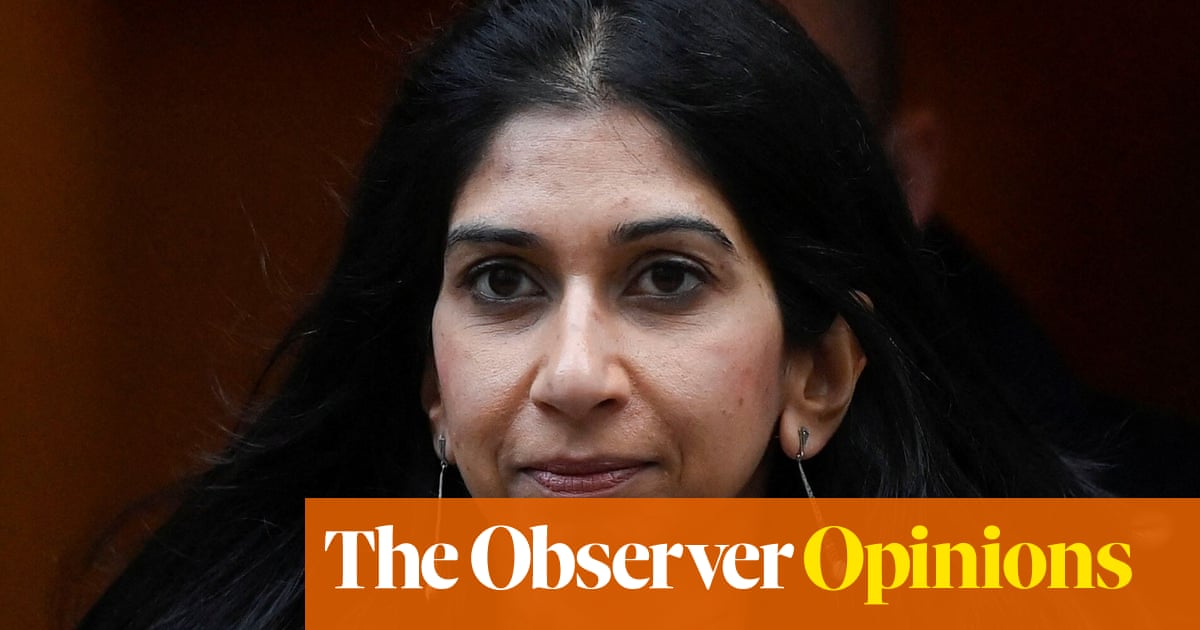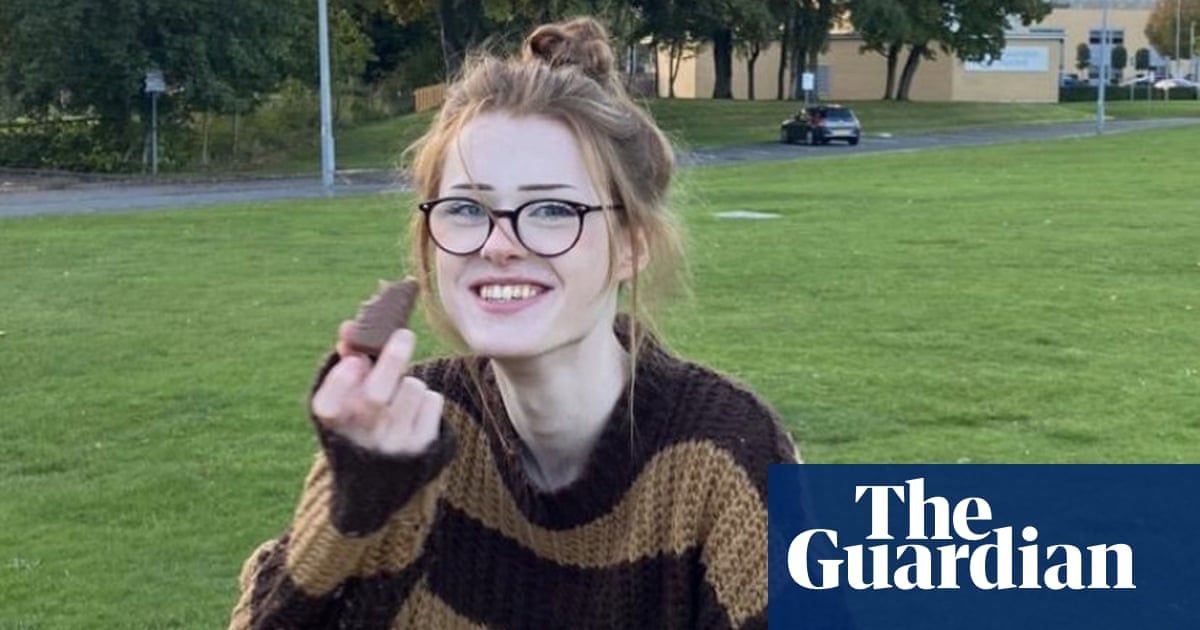
In a recent Spectator column, the home secretary, Suella Braverman, claimed that by highlighting the Pakistani ethnicity of grooming gang members in a “string of cases”, she was merely pointing out “unfashionable facts”. Yet why zero in on a string of cases that received extensive media coverage, rather than acknowledging the full scale of the problem based on the data we have about all such cases?
To learn that half a million British children are sexually abused each year should drive us to anger and action. We are right to want to know how to tackle a problem taking place on such a vast national scale. But we cannot tackle a problem if we fail to truly see what that problem is. And that means seeing it through the lens of fact.
The problem of grooming gangs and child sexual exploitation in Britain is not linked to any one ethnicity. Characterising the debate on child sexual exploitation around a single ethnic group risks creating “new blind spots that prevent victims from being identified”, in the words of the NSPCC’s chief executive, Sir Peter Wanless.
What Braverman’s column dismisses as “fashionable fiction” has been confirmed by the government itself. A Home Office report in 2020 found it extremely difficult to find a causal link between ethnicity, race and the sexual exploitation of children. The report concluded, contrary to Braverman’s statements, that most child-grooming gang members are white men under the age of 30.
The home secretary is right to be horrified that any child in Britain is abused, let alone half a million. Political correctness should never prevent us protecting victims and pursuing perpetrators of such heinous crimes. Indeed, the government’s stated commitment to an “evidence-based” approach is urgently needed.
The way we use language and characterise problems is crucial. Let’s not forget that just a few years ago grooming gangs were often described by rightwing actors as a “Muslim problem” – as though such actions were somehow mandated within Islamic doctrine.
As a British Pakistani man, a Muslim and the son of an imam, I know nothing could be further from the truth.
It’s imperative that such misconceptions are not reinforced – deliberately or unintentionally – because they can radicalise those most vulnerable to the messaging of far-right extremists.
Misconceptions about British Muslims have consequences. Last year, anti-Muslim crimes went up by 28%, a rise attributed in large part to the growth of rightwing hate groups that exploit such misconceptions.
This is also why it’s vital that there be much greater appreciation of the diversity and richness of Britain’s Muslim communities – so that the crimes of a minority are never assumed to represent the views of the majority. There is certainly no shortage of examples pointing to that richness and embrace of British values among Britain’s Muslims.
Take, for instance, an event I spoke at in March, the first Conference of European and British Muslim Leaders organised by the world’s largest Islamic NGO, the Muslim World League. Convening hundreds of Britain’s most influential Muslim leaders, the event celebrated the Charter of Makkah, a remarkable (but surprisingly little known) universal bill of Islamic rights endorsed by more than 1,200 senior Islamic scholars from 139 countries, representing practically every Islamic religious denomination.
I was heartened to see how every one of the charter’s principles – whether on women’s rights, religious tolerance, environmental protection or secular democracy – aligns with British values. And I felt proud to know that every one of those values was embraced by the British Muslim community representatives present that evening.
This initiative was so successful in highlighting the compatibility between Muslim communities and western societies that its key protagonist, the secretary general of the Muslim World League, Dr Mohammad bin Abdulkarim Al-Issa, was one of the first foreign dignitaries to meet King Charles to discuss the relevance of his work to Britain.
Why is this important? Because the more that ordinary people realise the affinity between British Muslims, Islamic traditions and British values, the more this sucks away the oxygen that far-right extremists thrive on.
There will always be a tiny minority from every community that betrays the upstanding values of the majority. Only by raising awareness of what most British Muslims really stand for will it become easier to convince those vulnerable to far-right messaging that Islam and Muslims play no part in the crimes of those superficially associated with the faith.
Some British Pakistanis were found guilty of child sexual grooming in Rochdale and Rotherham, but those crimes fly in the face of an authentic interpretation of Islam that British Muslims and Pakistanis overwhelmingly subscribe to.
Braverman’s comments aren’t “unfashionable truths”, they’re simply inaccurate – and emboldening the far right. Ultimately, we must strike an important balance in this debate: acknowledging real problems such as child sexual exploitation and the political correctness that has slowed the pursuit of justice; yet addressing them responsibly, and that includes calling out those in power who could do better – even if affiliated to one’s own group. Doing so embodies the very Conservative values that drew me to the party in the first place.
Rehman Chishti is Conservative MP for Gillingham and Rainham











